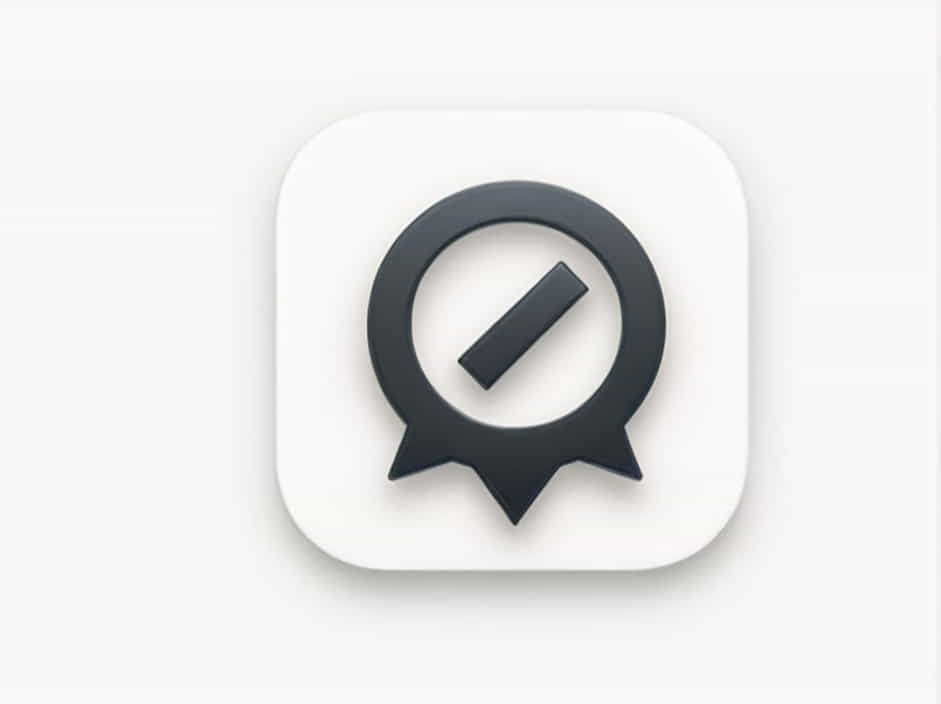The word “clung” is commonly used in English, but its meaning and usage may not always be clear to everyone. This term appears frequently in literature, conversations, and descriptions of emotional or physical attachments.
In this topic, we will explore the definition of “clung,” its grammatical usage, real-life examples, synonyms, antonyms, and common expressions related to the word.
Definition of Clung
The word “clung” is the past tense of the verb “cling.” It means to hold onto something tightly, to remain close to someone or something, or to stick to a surface.
Examples of Clung in a Sentence
- The child clung to his mother when he was scared.
- Raindrops clung to the window after the storm.
- She clung to hope even when things seemed hopeless.
Grammatical Usage of Clung
Verb Form and Tense
| Base Form | Past Tense | Past Participle | Present Participle |
|---|---|---|---|
| Cling | Clung | Clung | Clinging |
Since “clung” is the past tense and past participle form of “cling,” it is always used in past-tense sentences.
Example Sentences:
- He clung to the edge of the cliff, trying not to fall.
- The smell of smoke clung to his clothes after the fire.
Common Uses of Clung
1. Physical Attachment
One of the most common meanings of “clung” is holding onto something physically.
✔ The wet clothes clung to his skin after swimming.
✔ The baby clung to her father’s shirt when she was afraid.
2. Emotional Attachment
“Clung” can also describe emotional attachment, where a person holds onto feelings, memories, or hope.
✔ She clung to the memories of her childhood.
✔ He clung to the idea that his business would succeed.
3. Remaining Stuck or Attached to a Surface
“Clung” can also refer to objects or substances that stick to surfaces.
✔ The wet mud clung to his boots.
✔ The smell of perfume clung to the room long after she left.
Synonyms and Antonyms of Clung
Synonyms (Words with Similar Meanings)
- Held onto
- Gripped
- Adhered
- Stuck to
- Embraced
Example:
- He gripped (instead of “clung”) the rope tightly to avoid falling.
Antonyms (Words with Opposite Meanings)
- Let go
- Released
- Detached
- Dropped
- Loosened
Example:
- She let go of his hand (instead of “clung”) as she walked away.
Expressions and Phrases with Clung
Several expressions use “clung” or its base form “cling” in everyday language.
1. Clung to Hope
Meaning: Holding onto hope despite challenges.
✔ Example: Even in difficult times, she clung to hope that things would get better.
2. Clung to Life
Meaning: Struggled to survive or fought against death.
✔ Example: The injured man clung to life while waiting for help.
3. Clung to the Past
Meaning: Unable to move on from past experiences.
✔ Example: He clung to the past, refusing to accept change.
The Importance of Understanding “Clung”
Knowing how to use “clung” properly enhances communication, especially in storytelling, writing, and conversation. It allows you to describe strong emotional or physical attachments effectively.
The word “clung” is the past tense of “cling”, meaning to hold onto something tightly, whether physically, emotionally, or metaphorically. It is commonly used to describe attachment, persistence, and connection.
By understanding its definition, usage, synonyms, antonyms, and expressions, you can use “clung” more effectively in both writing and speech.
